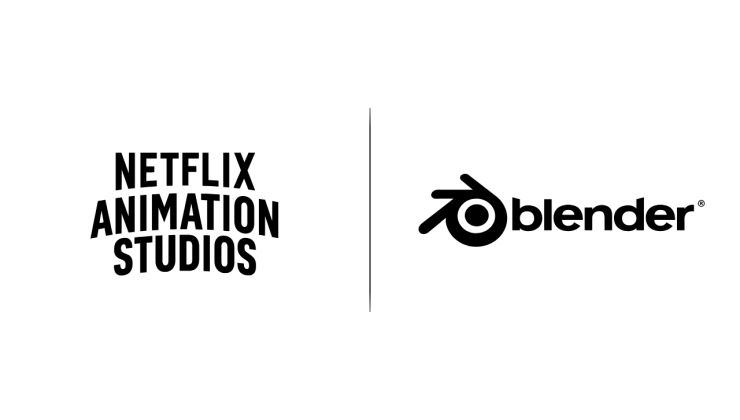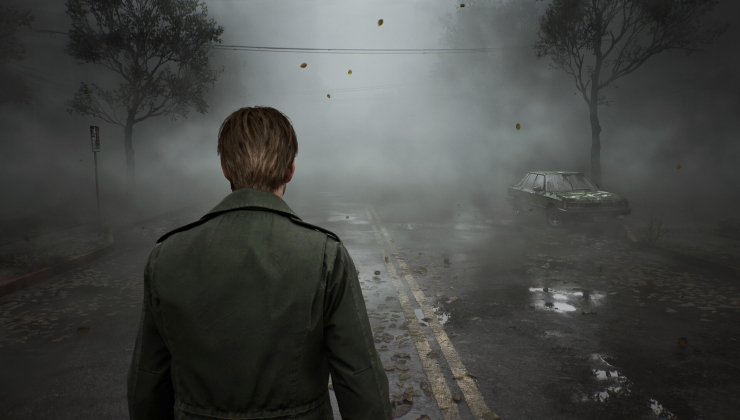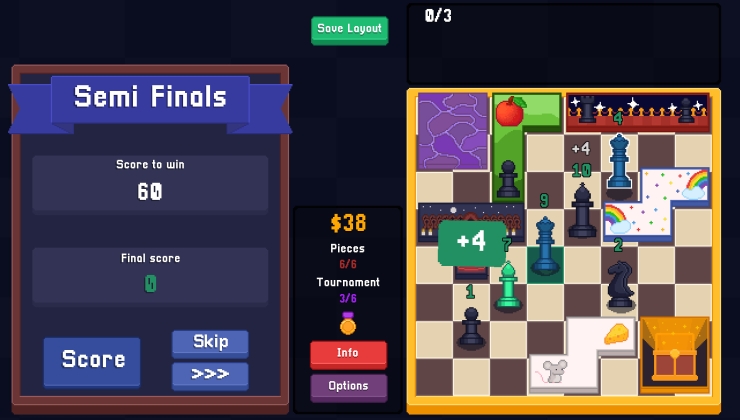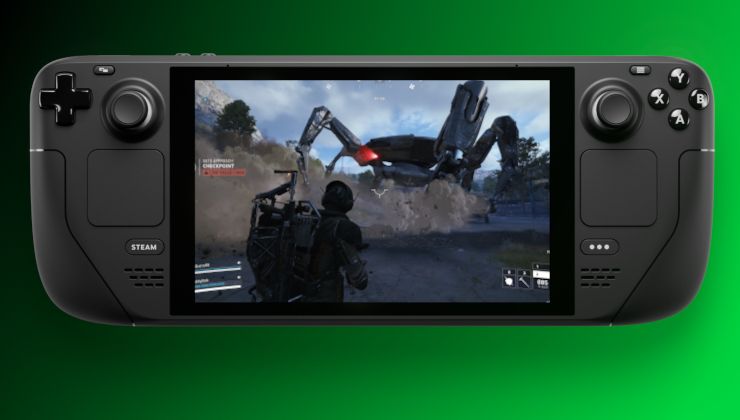Portal Stories: Mel, an extremely popular and highly rated mod for Portal 2 just had a new Beta pushed out which adds in Vulkan support for Linux. Much like the update for Portal 2 that recently added Vulkan support, it's using a special native build of DXVK, the Vulkan-based translation layer for Direct3D 9/10/11.
Compared with the Portal 2 update, in some of my own testing today it seems that Portal Stories: Mel seems to benefit from the Vulkan upgrade quite a bit more in some places. At times giving a full 100FPS increase! So for those on weaker cards, this will probably be an ideal upgrade. Another game to test with Vulkan is always great too.
To run Portal Stories: Mel with Vulkan, you need to add "-vulkan" as a launch option, after opting into the Beta test. To opt into the Beta you need to right click on the game in your Steam Library, go to Properties, select Betas on the left list of options and then select "beta - Public beta branch" from the drop-down box.
Here's what's changed in the Beta overall:
- Fixed lighting issues with modern AMD GPUs.
- Added Vulkan support for the Linux build.
- Fixed wrong icon showing up on windows.
- Removed confirmation prompts for graphics settings.
Never tried out Portal Stories: Mel? You're missing out. It's rated "Overwhelmingly Positive" from over 15,000 users on Steam.
You can find Portal Stories: Mel on Steam. It's free but needs you to own Portal 2.
So for those on weaker cards, this will probably be an ideal upgradeI'm gonna say YMMV on this one. I'm on a Radeon HD 8790M which is basically an R7 250 but on a laptop. Settings are 2x MSAA, 2x MSAF, 1080p, all settings on high. Triple-buffer vsync on. My framerate is usually in the mid 50s through gameplay with these settings (sometimes I either turn MSAA off or play on a 900p monitor, to have it hit 60fps more consistently), so needless to say I was super excited about vulkan.
I tried playing a level last week and I had to dial back my settings (disable MSAA 2x) which I noticed was odd. So today I loaded the level I was on for a head to head comparison, because I'm so used to vulkan performing better and didn't want to believe there was a performance regression.
So, with my "usual" settings, I loaded a level and jumped around and then looked at a orange "pulling" vortex beam field thing.
In OpenGL, it's around 45-60fps, and then 50-52fps looking at the vortex beam. It felt generally smooth.
Turned off triple-buffer vsync to stare at the floor: 75 fps. Loading screens were around 140-180fps.
In Vulkan, it's around 38-56fps, and then 40-42fps looking at the vortex beam. It also felt generally more stuttery.
Turned off triple-buffer vsync to stare at the floor: 65 fps. Loading screens were around 220-250fps somehow?
This could either be the radv vulkan driver not being where it should be on older GCN 1.0 cards, and whatever OpenGL translation Portal 2/Mel uses being well optimized and very solid. But the performance for me is where I'd leave it on OpenGL rather than switch the renderer to vulkan. But the beta's fixed a huge bug for me where the "High" shader settings makes the main character's hand a black silhouette without any textures, and it's fixed on both OpenGL and Vulkan. I was playing with "Medium" shader settings up until now as a workaround.
I'll try vulkan DXVK after it's out of beta, but I'm not going to get my hopes up.
This could either be the radv vulkan driver not being where it should be on older GCN 1.0 cards, and whatever OpenGL translation Portal 2/Mel uses being well optimized and very solid. But the performance for me is where I'd leave it on OpenGL rather than switch the renderer to vulkan. But the beta's fixed a huge bug for me where the "High" shader settings makes the main character's hand a black silhouette without any textures, and it's fixed on both OpenGL and Vulkan. I was playing with "Medium" shader settings up until now as a workaround.@Typijay FWIW, the Portal 2 update IS using DXVK under the hood - Valve switched from their own in-house ToGL translation layer to DXVK. I'm assuming Portal Stories: Mel is using the same new DXVK backend as Portal 2 as well.
I'll try vulkan DXVK after it's out of beta, but I'm not going to get my hopes up.








 How to setup OpenMW for modern Morrowind on Linux / SteamOS and Steam Deck
How to setup OpenMW for modern Morrowind on Linux / SteamOS and Steam Deck How to install Hollow Knight: Silksong mods on Linux, SteamOS and Steam Deck
How to install Hollow Knight: Silksong mods on Linux, SteamOS and Steam Deck